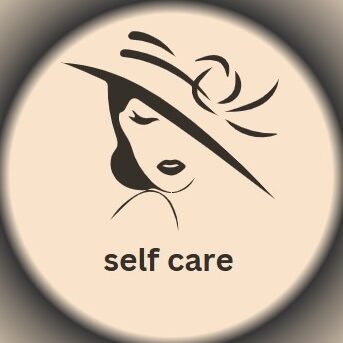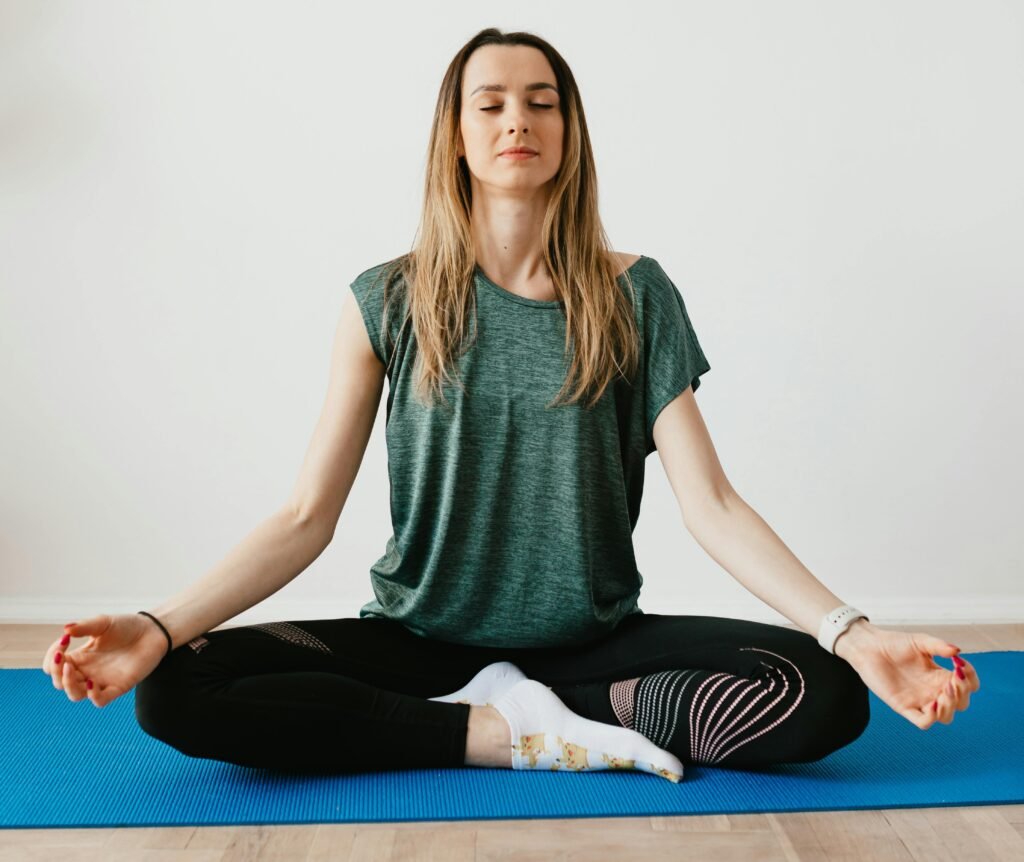“In today’s fast-paced world, taking care of your mind is essential. That’s why self-care ideas are so powerful—they provide simple, proven ways to reduce stress, improve your mood, and protect your mental health from burnout.”
Here are 25 proven self-care ideas that can truly boost your mental well-being and help you feel more grounded, energized, and at peace.
1. Start Your Day with Gratitude
Before diving into emails or social media, take a few minutes each morning to write down three things you’re grateful for. Gratitude shifts your focus away from stress and helps train your brain to notice the positives.
2. Practice Deep Breathing
When anxiety strikes, slow, deep breathing is one of the fastest ways to calm your nervous system. Try the 4-7-8 method: inhale for 4 seconds, hold for 7, and exhale for 8.
3. Create a Consistent Sleep Schedule
Lack of sleep can worsen anxiety and mood swings. Aim to sleep and wake at the same time daily—even on weekends—to support better mental clarity.
4. Limit Screen Time
Scrolling endlessly can overwhelm your brain. Set boundaries like a 30-minute social media break or a “no phone after 9 PM” rule to protect your mental peace.
5. Journal Your Thoughts
Writing down emotions is a therapeutic way to process them. Even five minutes of journaling daily can help you identify stress triggers and solutions.
6. Move Your Body Regularly
Exercise isn’t just for physical health—it releases endorphins that lift your mood. You don’t need a gym; a 20-minute walk, dance, or yoga session counts.
7. Stay Hydrated
Dehydration can affect concentration and energy. Keep a water bottle nearby and sip throughout the day to stay mentally sharp.
8. Eat Brain-Friendly Foods
Nutrients play a role in mood regulation. Add foods rich in omega-3s (like salmon, walnuts, chia seeds), dark leafy greens, and berries to support mental health.
9. Practice Mindfulness
Mindfulness means paying attention to the present moment without judgment. Apps like Headspace or even a few mindful breaths can reduce racing thoughts.
10. Connect with Loved Ones
Humans thrive on connection. Call a friend, spend time with family, or simply check in with someone you trust—it’s proven to ease feelings of loneliness.
11. Say “No” Without Guilt
Protect your energy by setting healthy boundaries. Saying “no” to things that drain you means saying “yes” to your well-being.
12. Create a Relaxing Evening Routine
Wind down with calming activities like reading, stretching, or sipping herbal tea instead of scrolling or working late into the night.
13. Practice Affirmations
Replace negative self-talk with positive affirmations. For example: “I am capable of handling challenges,” or “I deserve peace.” Repetition strengthens self-belief.
14. Declutter Your Space
A messy environment can contribute to mental clutter. Organize one drawer, one desk, or one shelf at a time for instant relief.
15. Spend Time in Nature
Fresh air and greenery are natural stress relievers. A short walk in the park or sitting near plants can calm your mind.
16. Limit News Consumption
Constant exposure to negative headlines fuels anxiety. Stay informed but avoid doom-scrolling; 10–15 minutes of news a day is usually enough.
17. Try Meditation
Even two minutes of meditation daily helps quiet the mind. Beginners can try guided meditations on YouTube or apps.
18. Take Short Breaks During Work
The brain needs pauses to stay focused. Follow the “Pomodoro Technique”—25 minutes of work followed by a 5-minute break.
19. Engage in a Creative Hobby
Painting, cooking, music, or writing aren’t just hobbies—they’re mental outlets. Creativity boosts dopamine and helps release stress.
20. Practice Acts of Kindness
Helping others brings joy. Whether it’s holding the door, sending a kind text, or volunteering, kindness creates a positive mental shift.
21. Listen to Uplifting Music
Music therapy is powerful. Create a playlist of songs that inspire, calm, or motivate you and play it whenever you feel low.
22. Reduce Caffeine and Sugar
Too much caffeine or sugar can spike anxiety and cause crashes. Opt for green tea, herbal drinks, or fruit snacks instead.
23. Spend Time Alone
Solitude is essential for recharging. Use this time to reflect, meditate, or simply enjoy your own company without distractions.
24. Laugh Often
Watch a funny movie, listen to comedy podcasts, or laugh with friends. Laughter triggers the release of feel-good hormones like endorphins.
25. Seek Professional Help When Needed
The most important self-care step: know when to ask for help. Talking to a therapist or counselor is a sign of strength, not weakness.
Final Thoughts
Self-care isn’t about doing everything at once—it’s about finding the practices that work best for you and making them part of your daily life. By incorporating even a handful of these 25 proven self-care ideas, you can protect your mental health, reduce stress, and create a more balanced, joyful lifestyle.




